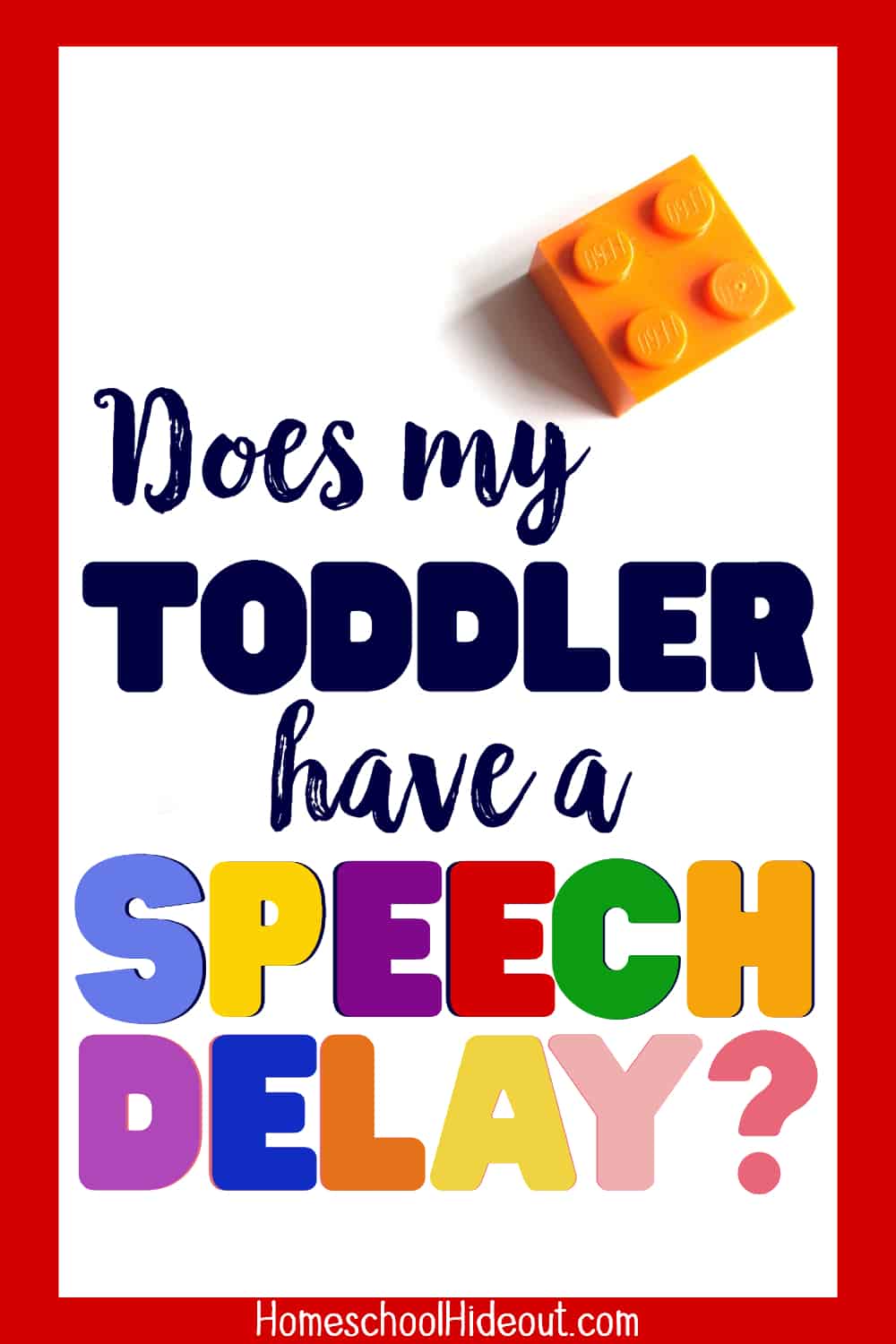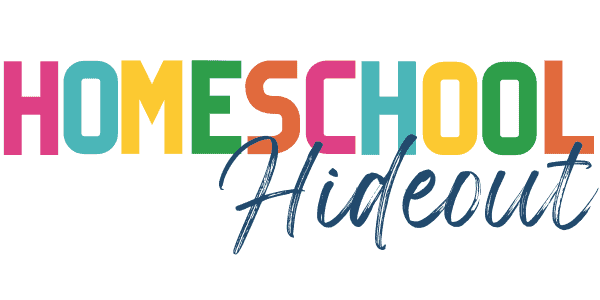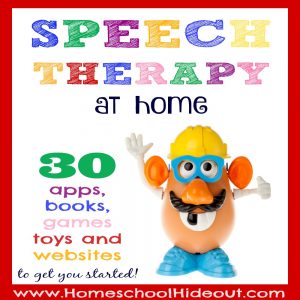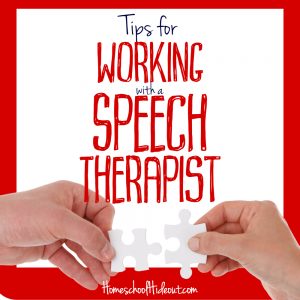As a parent, it is normal to get concerned when you see that your child is not meeting developmental milestones. Language and speech delays are communication disorders that need to be addressed early. Although kids hit their development milestones at different ages, you should consult a doctor whenever you feel that they have taken longer than expected to hit the milestone. There are symptoms and signs that show your toddler might be experiencing language delays.

How to Know if Your Toddler has a Language Delay
What is language delay?
This is a communication disorder where the toddler develops problems when it comes to expressing themselves or understanding what other people are telling them. If this is not checked early, it may lead to loss of hearing and speech later on in the kid’s life.
What are the symptoms of language delay?
Depending on their age, you might be able to detect signs of language delay and take action before it deteriorates.
- By age 15 months
Your toddler should be babbling by this time as they try to make incoherent words.
- By age 2 years
Your toddler should already know how to talk. They may not be very coherent but they should be able to form a sentence or two.
- By age 3 years
By this time, your toddler should know how to speak clearly and complete short sentences.
Other signs
Besides the age factor, there are other signs you need to look out for that can give you a hint that your toddler may be suffering from language delay. If they are not able to understand and follow directions, this may be a sign of language delay. Other signs include the inability to create comprehensible sentences or poor pronunciation.
Common causes of language delays
There could be several causes of language delays in toddlers.
- Autism
Autism negatively impacts the ability of toddlers to communicate. If your child is autistic, there is a high chance they will have a language delay.
- Dyslexia
Dyslexia affects the toddler’s ability to understand and learn. If this happens, then it becomes hard for them to communicate because they have not understood what you are telling them.
- Hearing impairment
If your child has a hearing impairment from birth, they will not be able to understand what is going on around them. If they cannot hear, chances are they will take longer to communicate as well.
- Other causes
Other causes for language delays in your child may include hereditary reasons, being born prematurely, and having a low birth weight.
How to help toddlers with language delay
You need to consult a doctor first who will do a thorough assessment of your child to understand the extent of the problem. They normally offer the toddlers different oral as well as non-verbal assessments to figure out where to start therapy. This is an important stage because you might find that the toddler has other impairments that are amplifying this language delay. Normally, you will be referred to a speech-language specialist who will help your toddler enhance their language and communication capacities. Speech therapy for kids typically includes a range of interactive and engaging techniques tailored to the child’s specific needs, aiming to improve their speech articulation, vocabulary expansion, and language comprehension skills. Through consistent and guided sessions, kids can develop effective communication strategies, build confidence, and overcome language barriers.
When you begin to suspect that your toddler has a language delay, it’s important to act quickly. The sooner you can find a solution, the better off your child will be.









